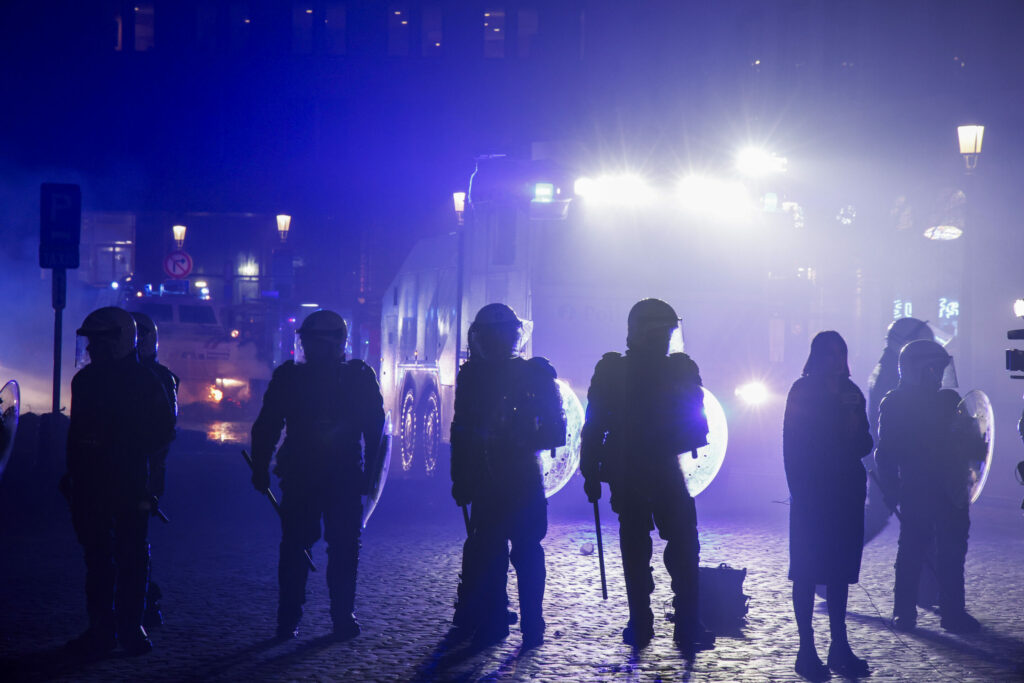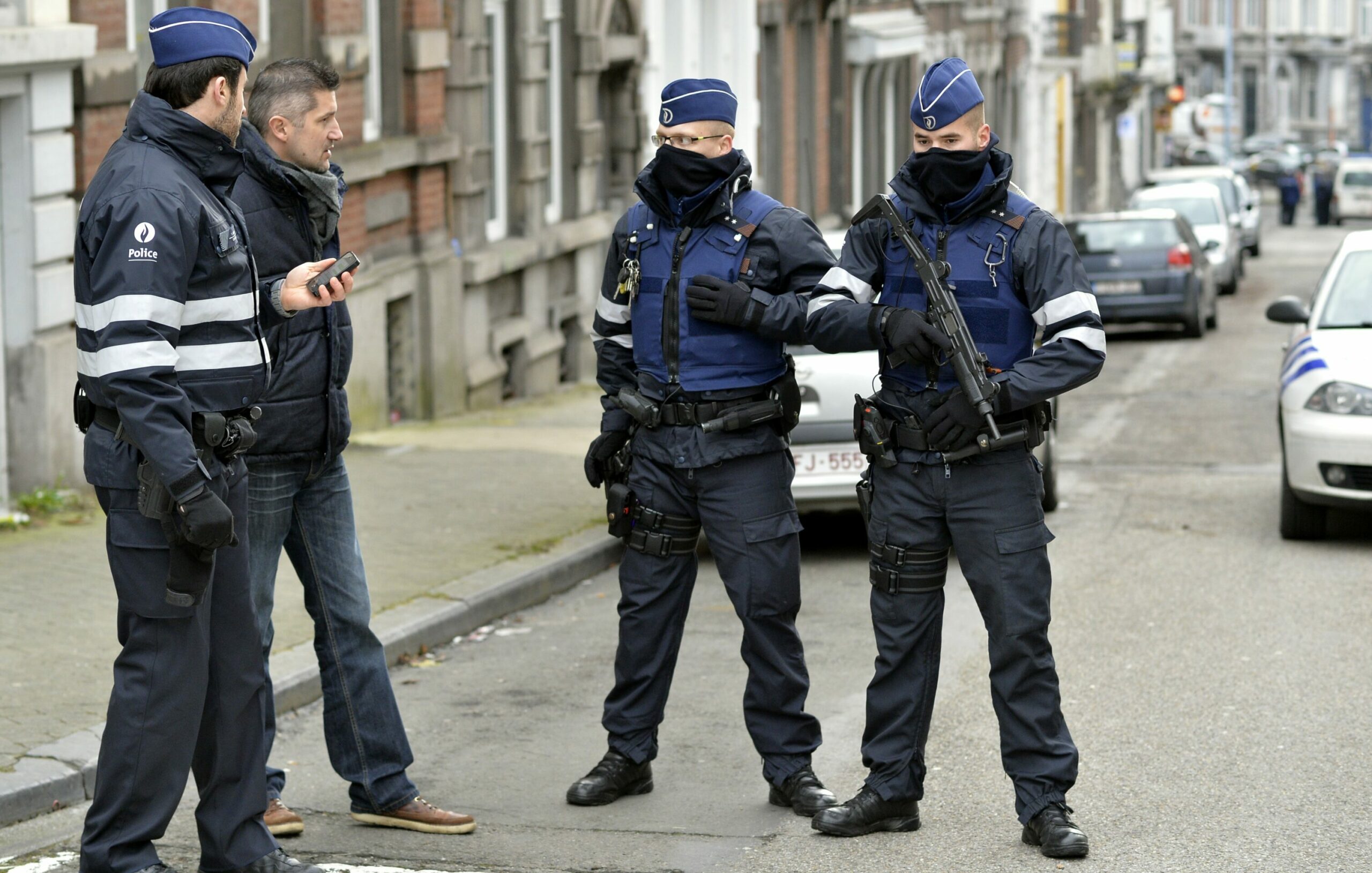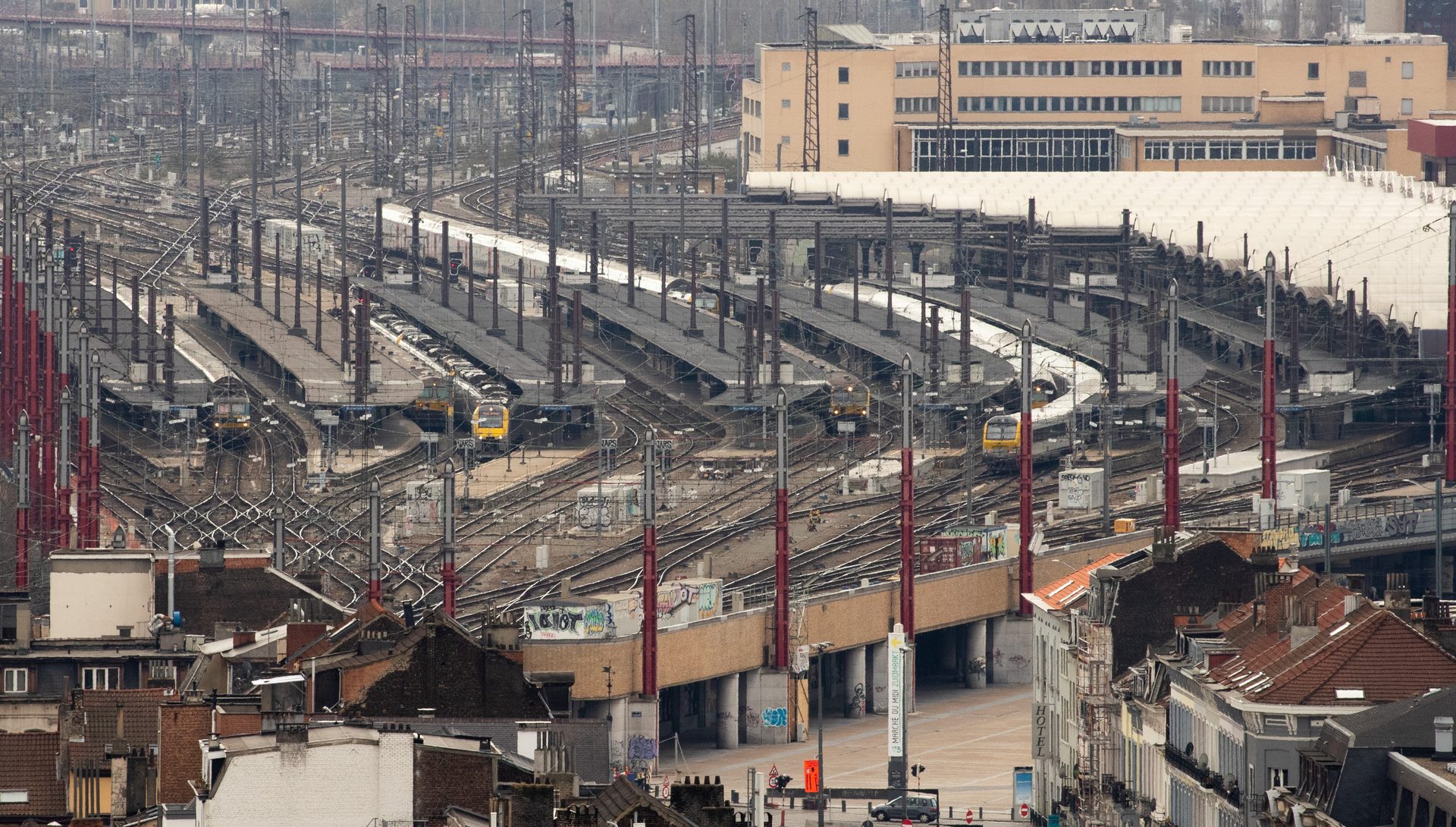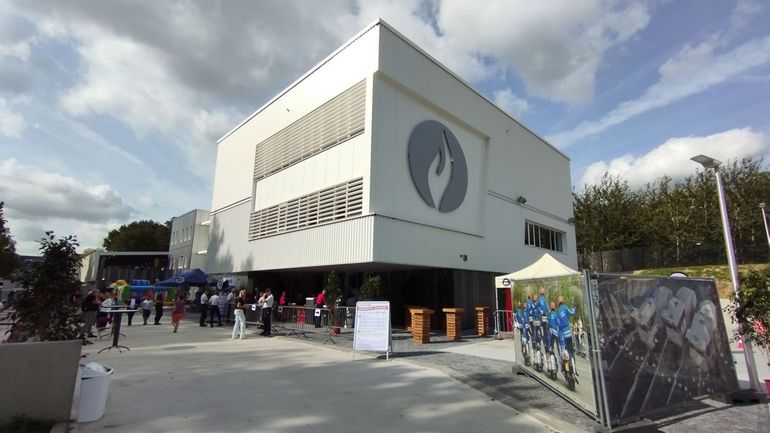Uncover the intriguing web of factors behind the alarming rise in Brussels’ crime rates;
✔ Crime rates in Brussels have increased significantly in the last year, particularly pickpocketing and robberies
✔ Despite an increase in Brussels, overall crime rates in Flanders and Wallonia have plummeted
✔ Drug-related issues, including gang violence and addiction, significantly impact Brussels' crime scene
Brussels crime shot up in the last year but 'police statistics don't reflect reality', warns expert

Police statistics for 2023 reveal a rise in crime across Belgium and an even sharper increase in Brussels. However, criminologists say the findings should be taken with a pinch of salt, noting that they often reflect a change in police activity rather than in crime itself.
After declining for over a decade, crime rates recorded by the Federal Police shot up again in 2023, with Brussels at the epicentre. Out of 27,000 pickpocketing incidents across the country, 17,000 took place in the capital (62%). Brussels is also a centre for violent and unarmed robberies (39% of incidents), armed robberies (39%) and extorsion (28%).
The rate of extorsion rose by 12.5% in one year while armed robberies are up by 23%. Overall, the Brussels crime rate has risen 3% compared to enormous drops in Flanders (down 42%) and Wallonia (down 52%).
But Jelle Janssens, a professor of criminology at the University of Ghent, nuances these findings. "Police statistics do not mirror reality," he told The Brussels Times. "On the one hand, they are a reflection of what police do. On the other hand, they represent the trust citizens have in the functioning of the police." Janssens explains that the numbers are affected by how often citizens report crime – something that depends on how efficient they perceive the police to be.

Credit: Belga
Janssens believes it is more important to look at reports with a longer timeframe to paint a more accurate picture of changes. He cites publications by the National Institute for Criminalistics and Criminology (NICC), the latest of which records "a plateau [in crime]. It has decreased a little, but not significantly."
Brussels: A special case
"Brussels is a different story," Janssens stresses. The disparity between the capital and the rest of Belgium is partly due to population density but even more because of migration and drug issues that are far more pronounced in Brussels.
A chronic reception crisis means that asylum seekers arriving in Brussels are forced to live in "terrible conditions", making them far more likely to resort to crime. In August 2023, asylum grants to single males were (illegally) suspended. This cast these men into precarious situations, often spending nights in train stations such as Brussels-Midi and Brussels-North.
"In criminology we call these locations 'convergence settings' as they are places where criminals come together to facilitate crime". Asylum seekers are therefore more at risk of consuming drugs or selling them.

Bruxelles Midi train station in Brussels. Credit: Belga/ Benoit Doppagne
Illicit substances strongly mark crime in Brussels. The health and social crises brought on by drugs feed the violence that routinely breaks out between rival drug gangs. Drug violence involving firearms has injured 131 people and killed seven in 2024 alone; several lethal incidents have taken place in the hotspots of Porte de Hal and Midi station.
Fragmentation and reform
Such incidents have fuelled hysteria which is then exploited by political parties. This is nothing new, Janssens points out. He cites "Black Sunday" in 1991 when the far-right Vlaams Blok (now Vlaams Belang) won 12 seats following a campaign that promised to crack down on crime.
In a bid to present as being equally tough, more moderate parties often focused on "cleaning up" crime by punishing drug use and increasing police presence. But these measures were not accompanied by true infrastructural change – a critical problem for Belgium, Janssens believes.
"A fragmented security policy makes it very difficult to implement a coherent response," he explains, pointing out that Brussels has six separate police zones spread out over 19 municipalities.

Credit: Belga / Gaelle Ponselet
Groen and Ecolo were the only parties to advocate a fusion of police zones in Brussels in the run-up to elections on 9 June. What does Janssens foresee for the next mandate?
The priorities should be police education, budgetary monitoring and zone coordination. "These issues will not be resolved in five years, but what we can do is determine a research agenda. We are not prepared because there is no security culture. It is only because the police are in a detrimental state that [these problems] are occurring."
